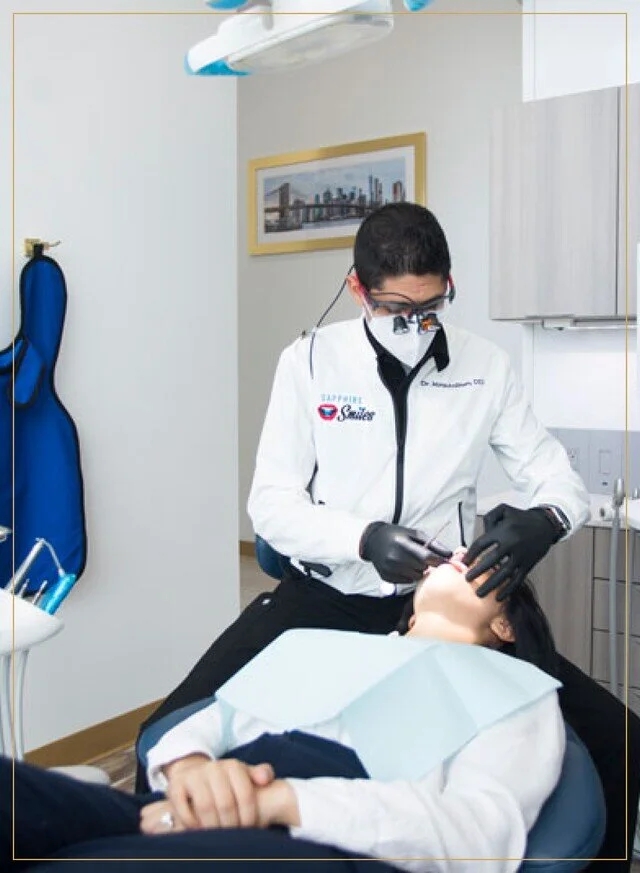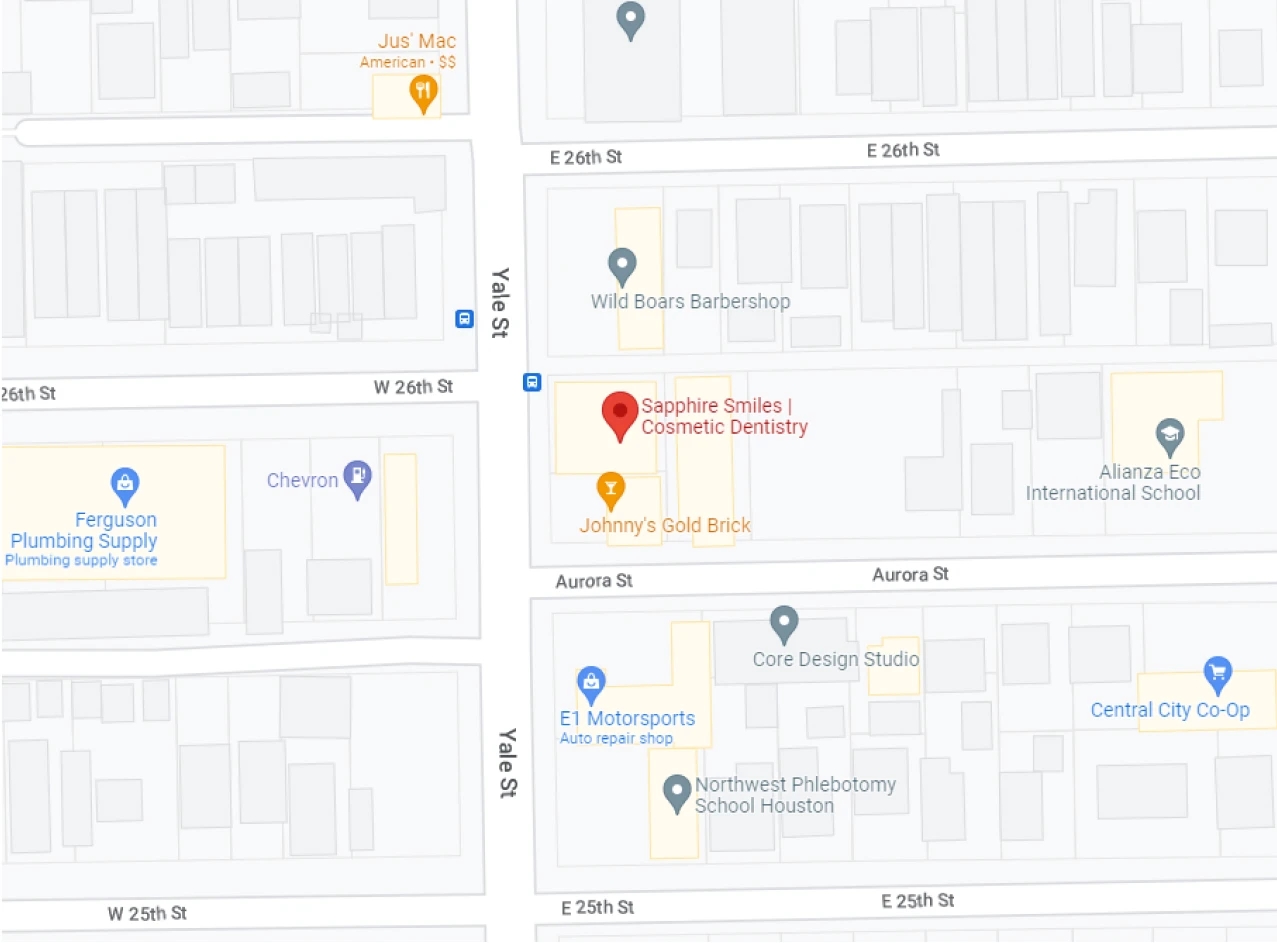Checkups &
Cleanings
Routine dental cleanings are a form of preventative dentistry that improves your oral health. If plaque remains on the teeth, it hardens, leading to decay, gum disease, and infections. During a professional cleaning, plaque and tartar that were missed by brushing and flossing are removed from your teeth.
Dr. Mina Antoun and Dr. Mary Antoun recommend scheduling a dental cleaning twice yearly. Our gentle and thorough hygienist will remove built-up plaque and allow your dentist to identify any issues. However, depending on your oral health, you may need more frequent cleanings.

























